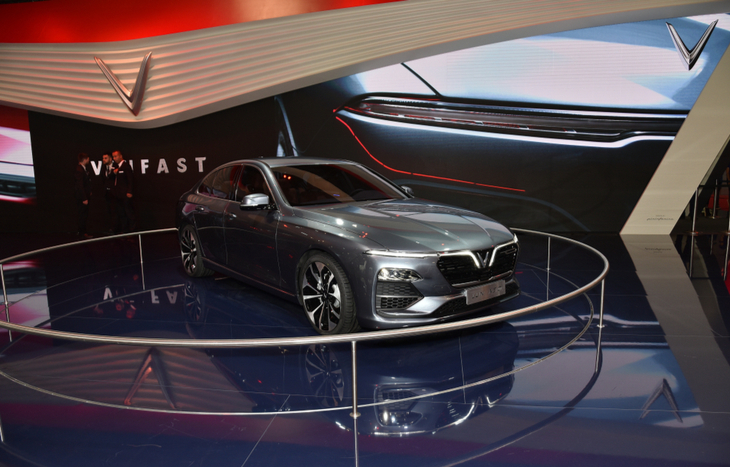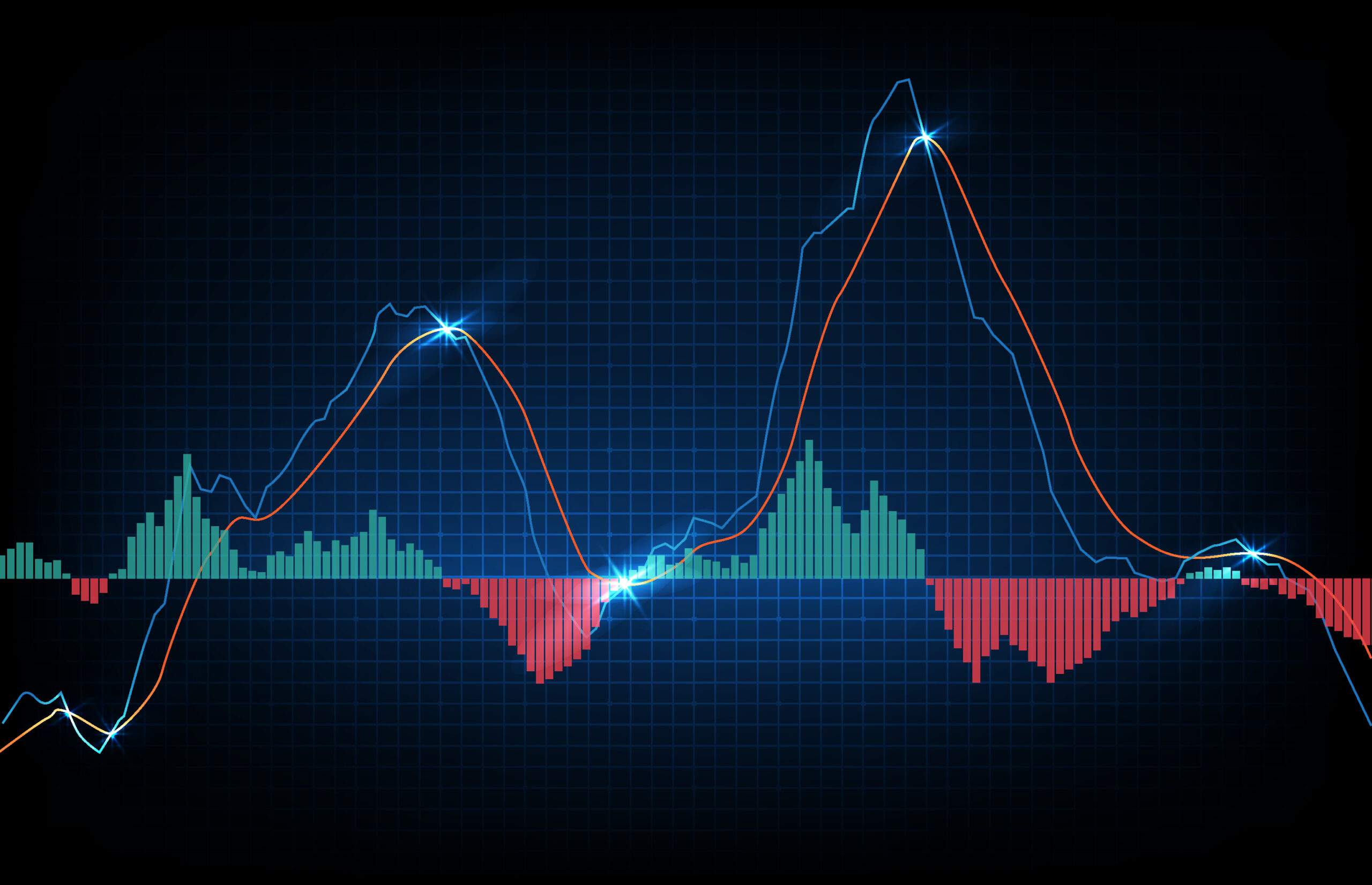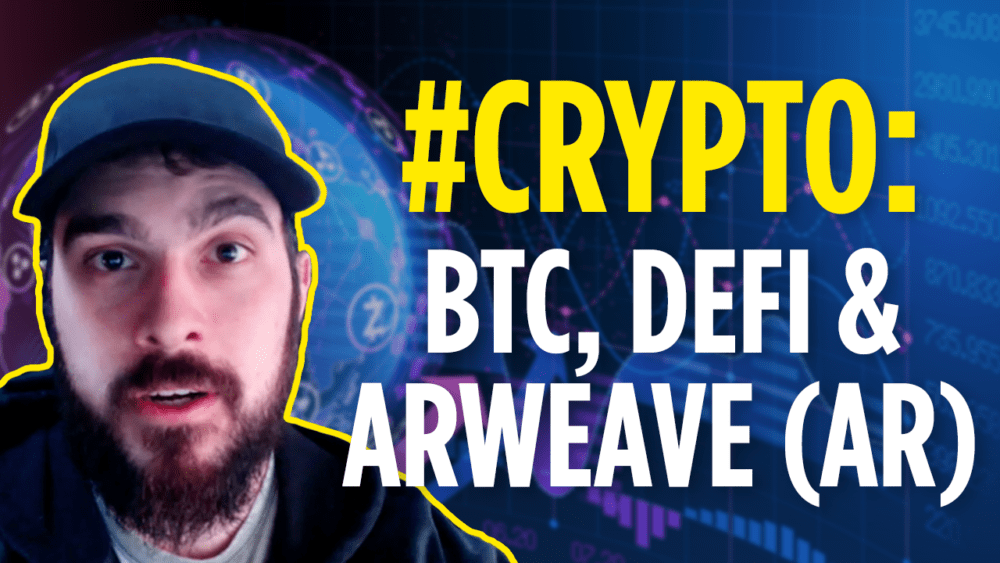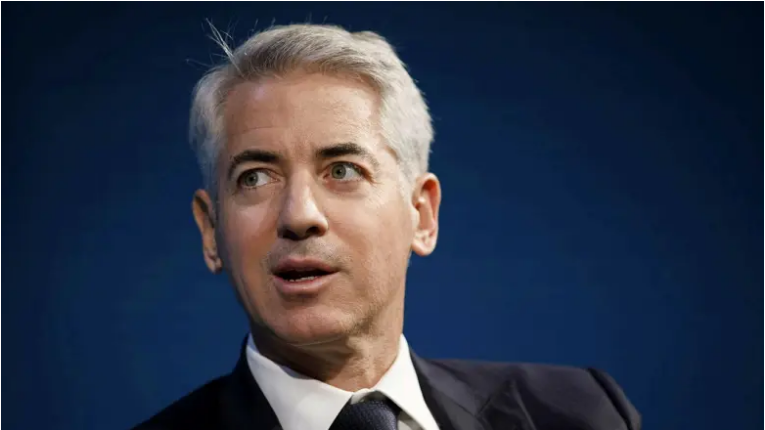Tensions are rising again in Europe. Even as Sweden reversed two centuries of neutrality to become the 32nd member of the North Atlantic Treaty Organization (NATO), various political actors are adding fuel to the fire. President Vladimir Putin warned of total annihilation if NATO put “boots on the ground” in Ukraine. That remark was set off by a seemingly mystifying statement by President Emmanuel Macron, to the effect that troops on the ground should not be ruled out. A flurry of denials by other members followed. No one wants to walk erratically into World War III. Meanwhile, NATO declared the Indo-Pacific as a priority. That may be a problem for many.

Macron’s comment was made against a specific background. France has been championing an independent foreign policy for decades, much to the chagrin of the United States. On a visit to China, he even warned of getting dragged into a US war over Taiwan and resisting NATO plans to open an office in Japan. Macron has also been at the forefront of trying to ease relations with Russia and faced criticism for sending the least arms aid to Ukraine. Paris tried to retrieve its status with a grand conference on Ukraine on February 26. In response to a question, Macron simply said that nothing should be ruled out. Putin reacted predictably with threats of annihilation, as did NATO members in rejecting it.
A report notes pessimism across the European Union (EU) with just 10% believing in a Ukrainian victory. Twice as many expect an (undefined) Russian win. Those polled in Poland, Portugal, and Sweden preferred (but did not expect) Ukraine to take back its territory, while most wanted Kyiv to accept a settlement. Meanwhile, as European GDP growth falters, even the projected 0.6% rise is attributable ironically to a stronger than expected Russian economy. Europe’s largest imports are from China, with some 2,000 ships plying every day in the Indo-Pacific. As officials echo the need to ensure a “rules-based order”, it seems the circle has closed. NATO now wants a place in the Indo-Pacific.
Recently, NATO secretary general Jens Stoltenberg castigated China’s mild reaction to Alexei Navalny’s death as an “internal matter”, observing this as another indicator of Beijing quietly supporting Putin on Ukraine. He warned that if Russia succeeded against Ukraine, China would then feel free to act against Taiwan. That’s rather combative talk. All this when Europe is being accused by former President Donald Trump of spending little on defence. His threat that the US would stay out, if Russia invaded countries not “paying up” was outrageous, but it is true that only three NATO countries are spending the required 2% of GDP on defence, even after the 2014 Crimea invasion. This may rise to 18 of an expanded 31 countries. But all this is going to take time, as China rises.
At the Vilnius Summit, NATO for the first time identified China as a “challenge”, even while holding regular military staff talks with Beijing since 2010. In December, the European Union also had its summit with China, in a process that started in 1998. The key issue for the EU is the huge negative trade imbalance of €400 billion, and China’s support to Russia. Neither is likely to change much. So as before, no joint statement was issued. For China, the worry is that NATO communiqués are now signed onto by Japan, South Korea, Australia and New Zealand. These NATO Plus countries will transition to a new Individually Tailored Partnership Programme (ITPP), for greater integration, but remain outside Article 5’s collective defence.
NATO now declares the Indo-Pacific as having a direct relation to security. But important actors are wary. The Association of Southeast Asian Nations (ASEAN) likes the EU as a strategic partner but recently held its first-ever military exercise, stressing ASEAN centrality, rather than choosing sides in a world of competition between great powers. India’s foreign minister distanced Delhi from an explicit recommendation by the US Senate India Caucus to get India to be part of NATO Plus. Delhi has worked with NATO on piracy, and both have a raft of common interests, like climate security and terrorism.
China is India’s second-largest trading partner, but no such consideration will limit Delhi’s actions to defend itself to the full in this part of the world. Meanwhile, it would be advisable to talk and engage with NATO, and understand its proposals to be a smart security enabler. All friends are welcome, as long as they stand their ground.
Tara Kartha is a distinguished fellow in IPCS. The views expressed are personal















